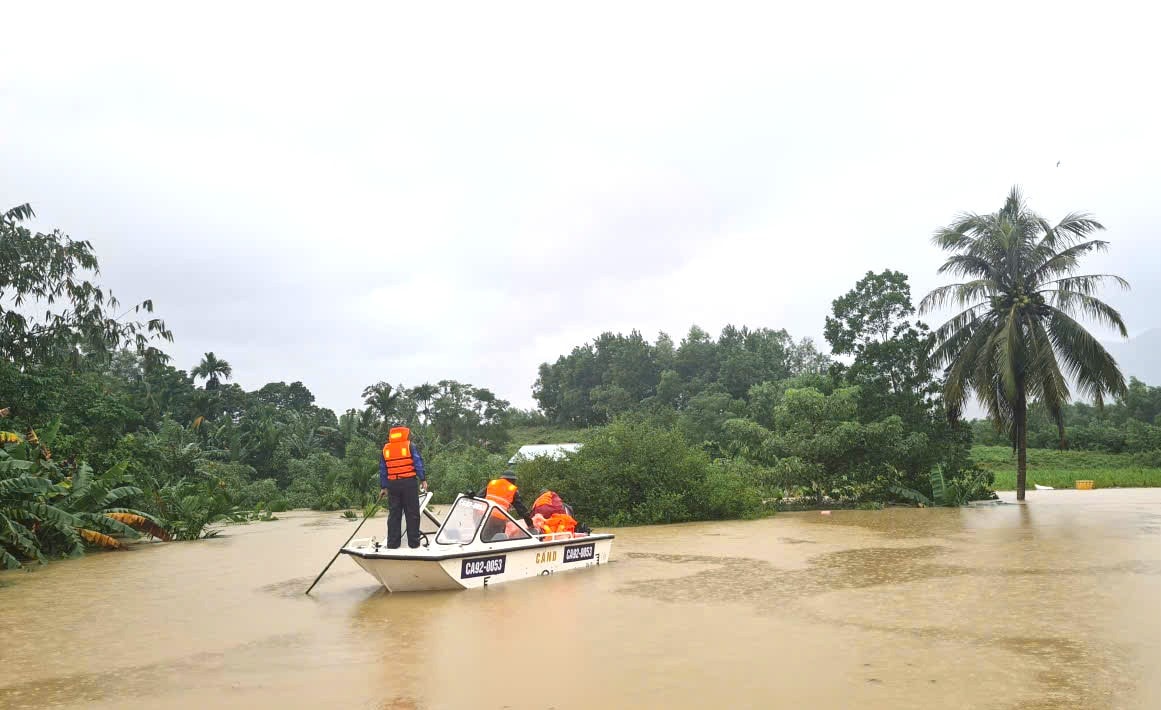
The reluctant "ferryman"
Captain Cao Dang Phu is the main character of the story. Although he retired under the 178 regime since July 1, during the recent historic flood, Mr. Phu (who used to work at Hiep Duc District Military Command, now belongs to the Defense Command of Region 3) became an "unwilling canoe driver", working side by side with the local government to save many people from danger.
According to the Party Secretary of Hiep Duc Commune, Le Quang Quynh, during the recent flood, the commune recorded a high water level due to heavy rain and the operation of the hydroelectric power plant. Forecasting a bad situation, the flood water would cause serious flooding in many areas, the commune held an urgent meeting and requested that a canoe be immediately available for rescue.
At first, the commune leaders asked for support to connect the canoe. However, the plan to move the canoe too far and was not feasible, so the commune decided to requisition the old canoe of Hiep Duc District Police. Although the canoe had not been used for a long time and had not been officially handed over to the commune, in the face of the emergency, the commune leaders still resolutely requisitioned it and hired repairmen to operate it promptly to rescue people.
“After the canoe was repaired, we could not find the driver. We contacted the Defense Command of Region 3 and they agreed to send someone from Bac Tra My, but that plan was very difficult. After that, the unit introduced the case of Mr. Cao Dang Phu to the commune. When the commune contacted him, Mr. Phu agreed to participate in the rescue immediately,” Mr. Quynh said.
Thanks to the flexibility of the commune leaders and the sense of responsibility of Mr. Phu, on October 29 and 30, the canoe of Hiep Duc commune promptly rescued 13 critical cases. Among them, 2 cases of people with heart disease, bitten by poisonous snakes, were moved from the flooded area to the Emergency Medical Center by Mr. Phu and the coordinated forces; 11 cases in Tan Thuan village were evacuated to a safe place when the water was almost up to the mezzanine, after the commune received the distress call and directed the canoe to promptly approach.
Sharing about his work, Mr. Cao Dang Phu said that he used to participate in the natural disaster prevention and search and rescue force of the former Quang Nam Provincial Military Command. He also has a certificate of practice in operating inland waterway vehicles. Therefore, when receiving the request from the commune, he did not hesitate and immediately appeared to participate in the rescue. “Controlling a canoe is not too difficult but requires experience to observe, manage the vehicle, and avoid obstacles in complex flood conditions. I am very happy to be able to join the local government in the rescue work and evacuate people in emergency situations,” Mr. Phu shared.
Put aside personal matters and take care of the common good.
According to Mr. Le Quang Quynh, although the local government at two levels has been put into operation, the commune has not been equipped with any means and equipment to respond. The commune mainly prepared some items and boats from the people.
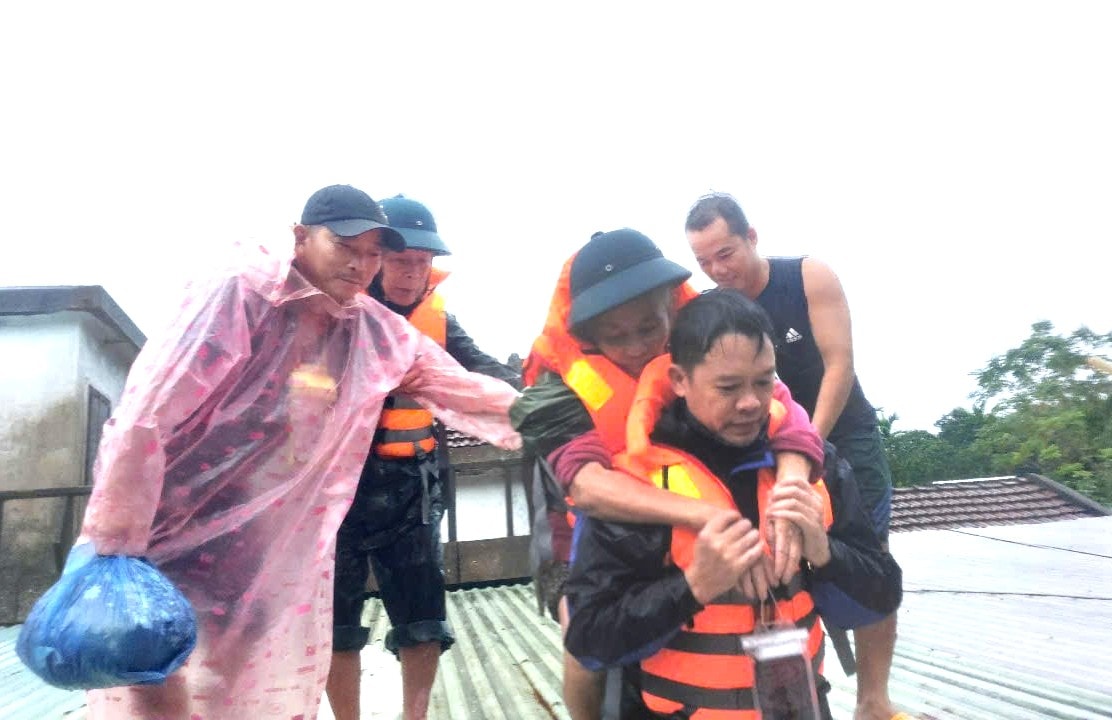
Learning from the recent historic flood, the commune will mobilize resources to immediately equip necessary means for immediate response.
“Along with the local forces, local means are extremely necessary. Without canoes and specialized boats to access deep flooded areas to transport people and respond to emergencies, we don’t know what will happen… So, one way or another, we still have to equip the most basic means on the spot,” Mr. Quynh shared.
Not only in Hiep Duc, the proactive and flexible spirit of grassroots forces in many localities, with the motto "4 on-the-spot" has become the "key" to help the government and people overcome severe natural disasters. Ms. Briu Thi Nem, Chairwoman of the Vietnam Fatherland Front Committee of Avuong commune, said that collective strength is the "weapon" that helps people in the highlands support each other to overcome natural disasters and floods.
Ms. Nem told about many serious landslides in the highlands, especially in Ateep village, which left many households isolated and homeless. In the face of this emergency, the commune assigned the Front and organizations to mobilize forces to carry and deliver food and provisions to the people of Ateep. Ms. Nem said that many members of the commune's disaster prevention force had to stay at their posts, on duty 24/7 for many days to respond, temporarily putting aside family matters to join the commune in taking care of the common work for the people.
For example, the case of the Commune Youth Union Secretary and the Commune Police Chief. Although their houses were severely affected by landslides and their wives and children had to be evacuated, for the sake of their common mission, they still steadfastly completed their work.
“The house of the commune Youth Union Secretary was damaged by a landslide, damaging both the kitchen and the toilet. His relatives had to move to a neighbor’s house in the village. Temporarily putting aside family matters, he still enthusiastically completed the commune’s common tasks, including leading a team to walk to Ateep village to provide relief. There was even a time when his wife was sick at home and had to be taken to the emergency room,” Ms. Nem shared.
In Tra Van commune, Chairman of the People's Committee Nguyen Tan Thanh shared with us images of the efforts of the commune's clerical staff who had to use motorbikes to travel to areas with phone and internet signals to send relevant reports, despite extremely dangerous conditions of rain, floods, and landslides.
Mr. Thanh said that in the commune, the coverage rate of telecommunications and electricity grid is still low. In the conditions of landslides and prolonged heavy rain, the situation of signal dips and signal loss is obvious. To report to the city in time, we have to find places with signal. Sometimes there is only one place with signal on the whole hill, we have to move so that information can be sent in time.
According to Mr. Thanh, it is impossible not to mention the role of the village force with the motto "4 on-site". Thanks to the prestige and active role of the village chief, the Party cell secretary and comrades in the village, the work of preventing and responding to floods in the highlands was carried out smoothly. A typical example is the propaganda and mobilization of people to comply with the evacuation policy, ensure safety of life, and store food to respond to floods.
Source: https://baodanang.vn/phat-huy-luc-luong-tai-cho-3309108.html


![[Photo] Panorama of the Patriotic Emulation Congress of Nhan Dan Newspaper for the period 2025-2030](https://vphoto.vietnam.vn/thumb/1200x675/vietnam/resource/IMAGE/2025/11/04/1762252775462_ndo_br_dhthiduayeuncbaond-6125-jpg.webp)



![[Photo] Opening of the 14th Conference of the 13th Party Central Committee](https://vphoto.vietnam.vn/thumb/1200x675/vietnam/resource/IMAGE/2025/11/05/1762310995216_a5-bnd-5742-5255-jpg.webp)

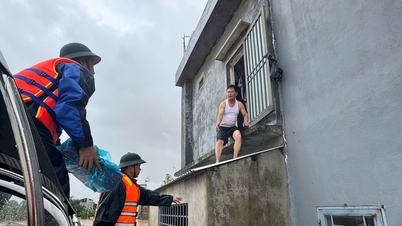
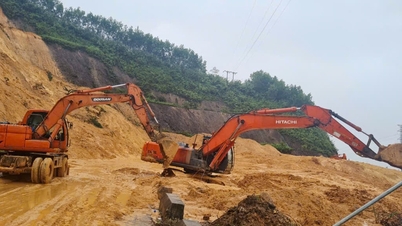
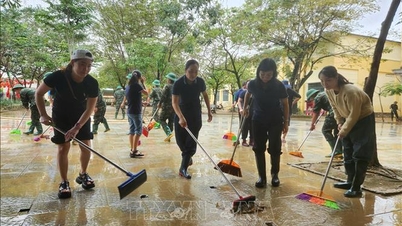

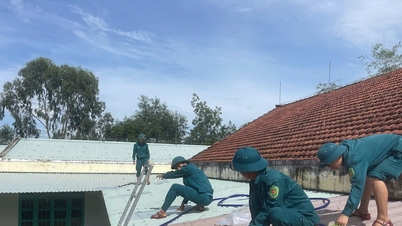

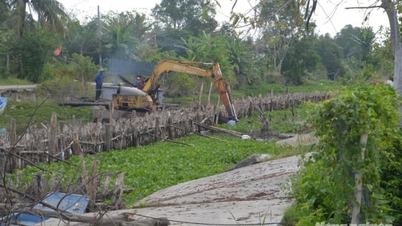






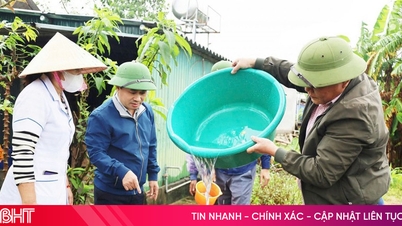

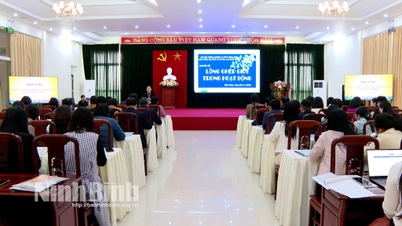

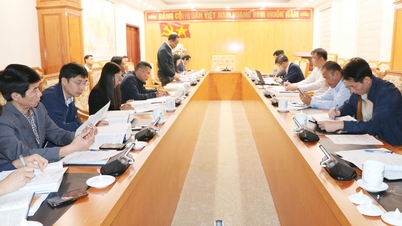





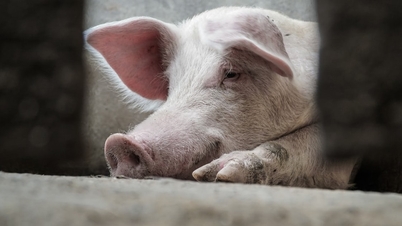
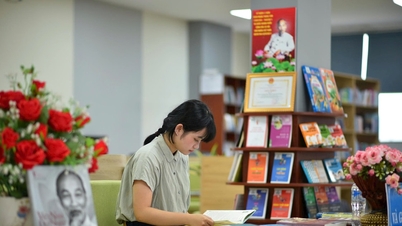
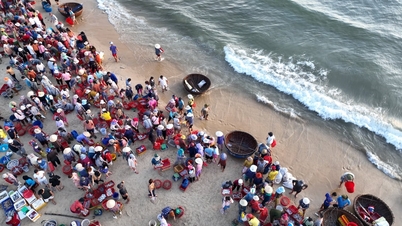
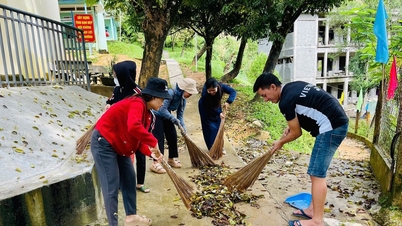

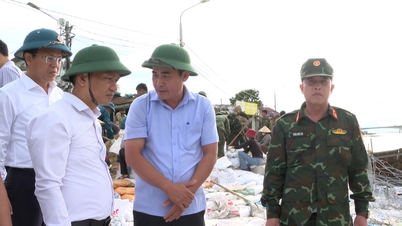





















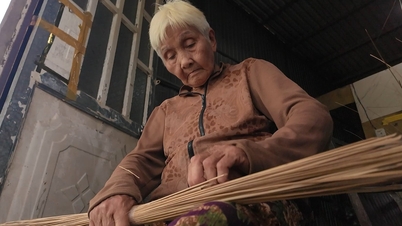













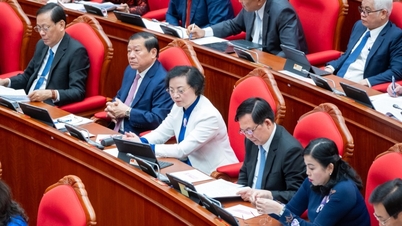
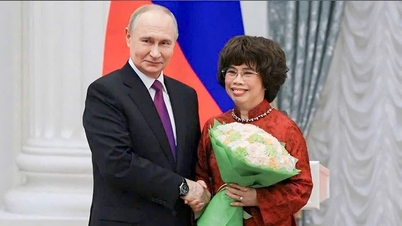

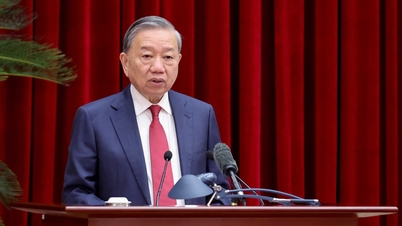


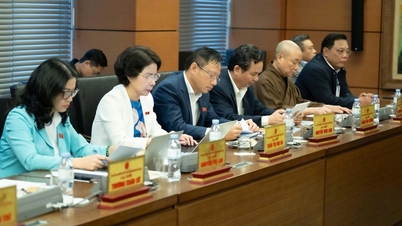



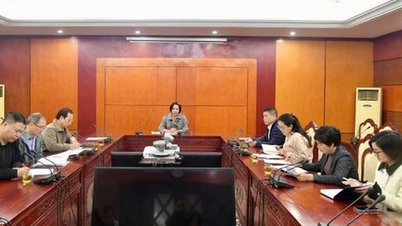

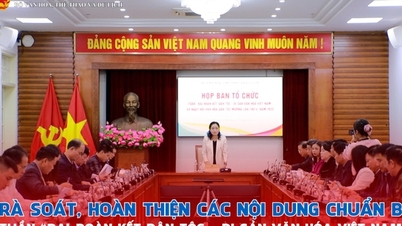
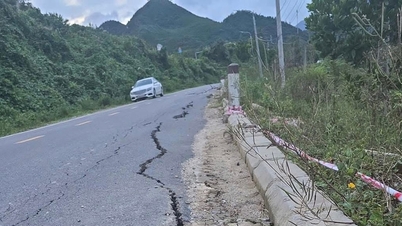




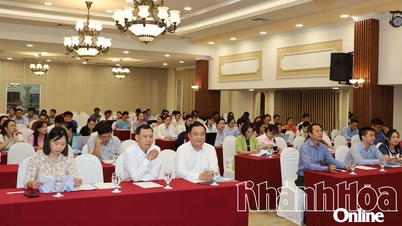


















Comment (0)